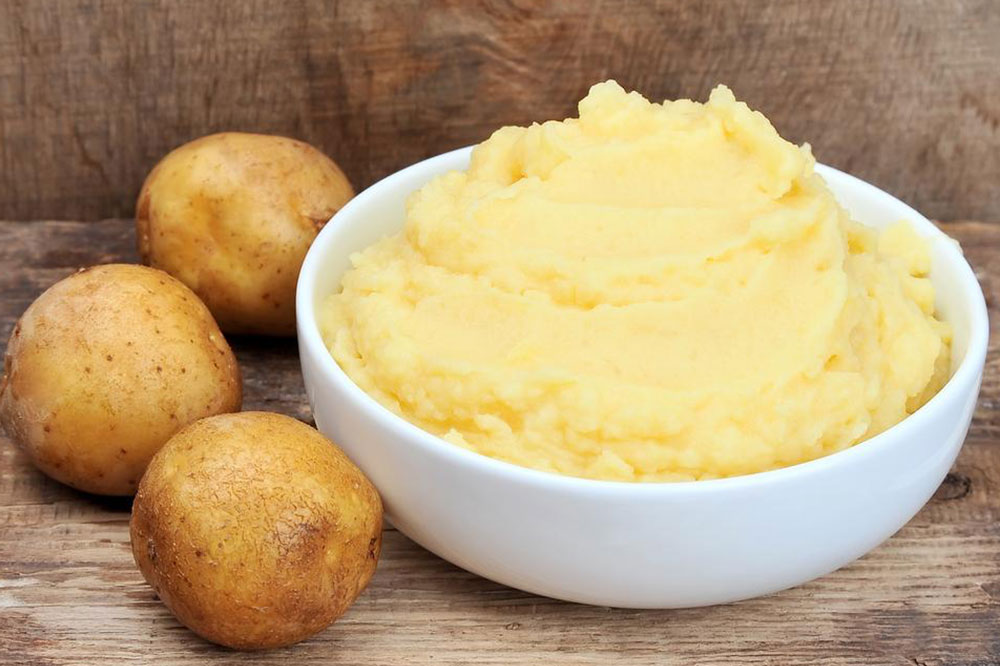Effective Dietary Approaches for Crohn's Disease Management
Discover effective dietary strategies to manage Crohn’s disease, including personalized meal plans, suitable food options, and tips to reduce inflammation and improve quality of life. Proper nutrition can support disease remission when combined with medical treatment, emphasizing low-fiber diets, nutrient-rich foods, and avoidance of triggers.

Effective Dietary Approaches for Crohn's Disease Management
Crohn’s disease is characterized by chronic inflammation of the gastrointestinal tract, mainly affecting the small intestine. Common symptoms include abdominal discomfort, diarrhea, and difficulty absorbing nutrients. While diet alone cannot cure Crohn’s, strategic nutritional planning plays a vital role in reducing inflammation. Personalized diets that identify specific food triggers and disease activity are crucial. Evidence suggests that patients who consume a significant portion of their calories via elemental formulas tend to experience fewer flare-ups than those on unrestricted diets.
Using specialized enteral nutrition can support disease remission and improve overall health outcomes. Limiting foods that exacerbate symptoms, such as high-fiber items, can aid intestinal recovery. Since Crohn’s impact varies among individuals, tailoring dietary plans is essential.
Due to impaired nutrient absorption, consuming calorie- and protein-rich diets, along with vitamin and mineral supplementation, is recommended. A low-fiber diet helps reduce digestive stress, avoiding seeds and fibrous vegetables like broccoli and cabbage. Instead, soft-cooked or canned vegetables such as carrots, zucchini, and spinach are suitable. Raw fibrous vegetables should be avoided.
Low-fiber fruits like bananas, peaches, and peeled fruits are preferable, while high-fiber options such as berries and dried fruits should be limited. Lean animal proteins, including chicken, fish, and lean beef, are safe when properly cooked and eaten in small portions. Dairy products may be tolerated in moderation, but some people may experience sensitivities, requiring monitoring.
Simple carbohydrate sources like white bread, rice, pasta, and low-fiber cereals are recommended. Desserts can be enjoyed cautiously, avoiding nuts and dried fruits. Spicy foods, nuts, seeds, pickles, and olives should be minimized or avoided to prevent irritation.
Adopting a personalized diet plan alongside medical treatments can help mitigate symptoms and improve disease management. Careful food label reading and avoidance of irritants are key to effectively managing Crohn’s disease.


